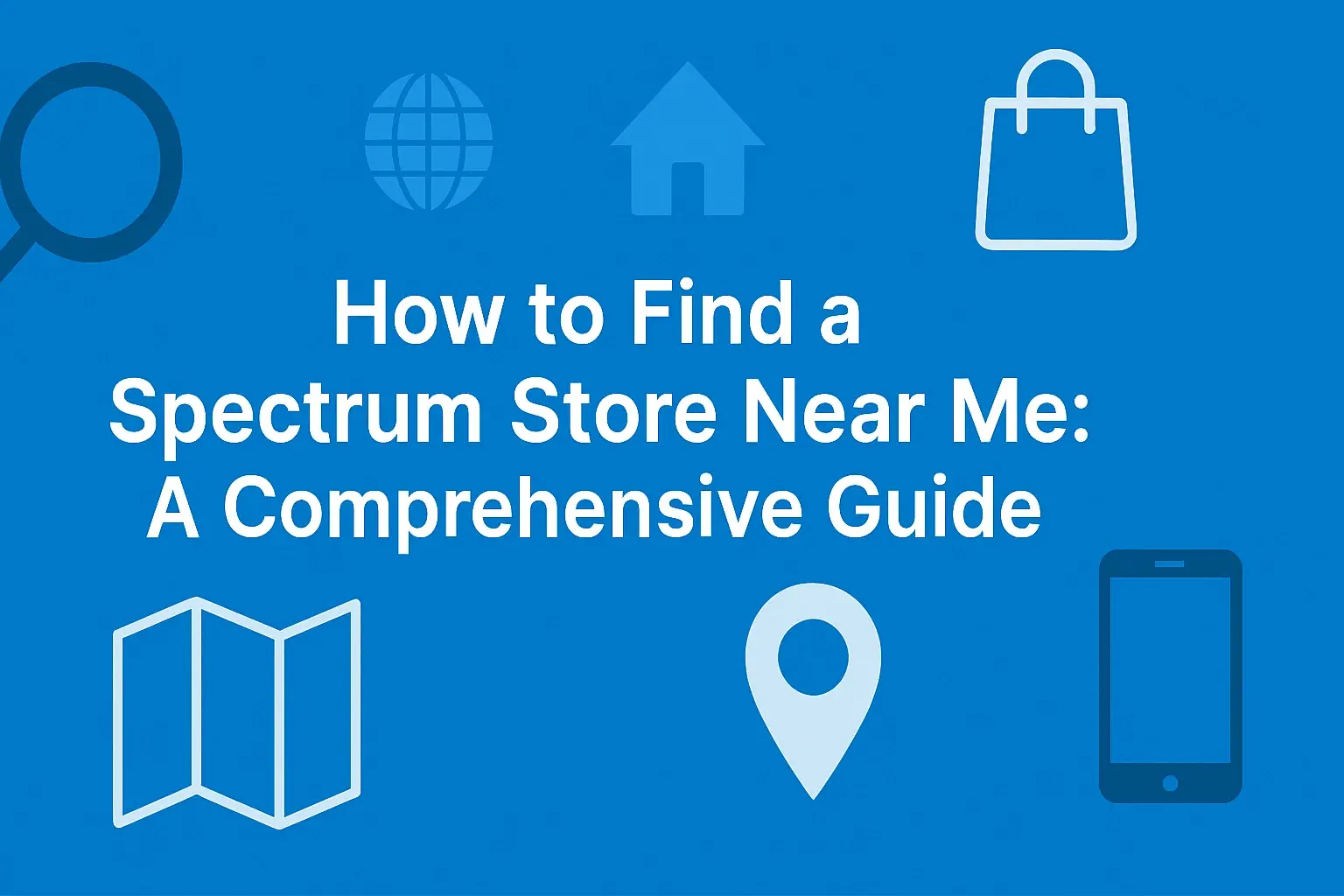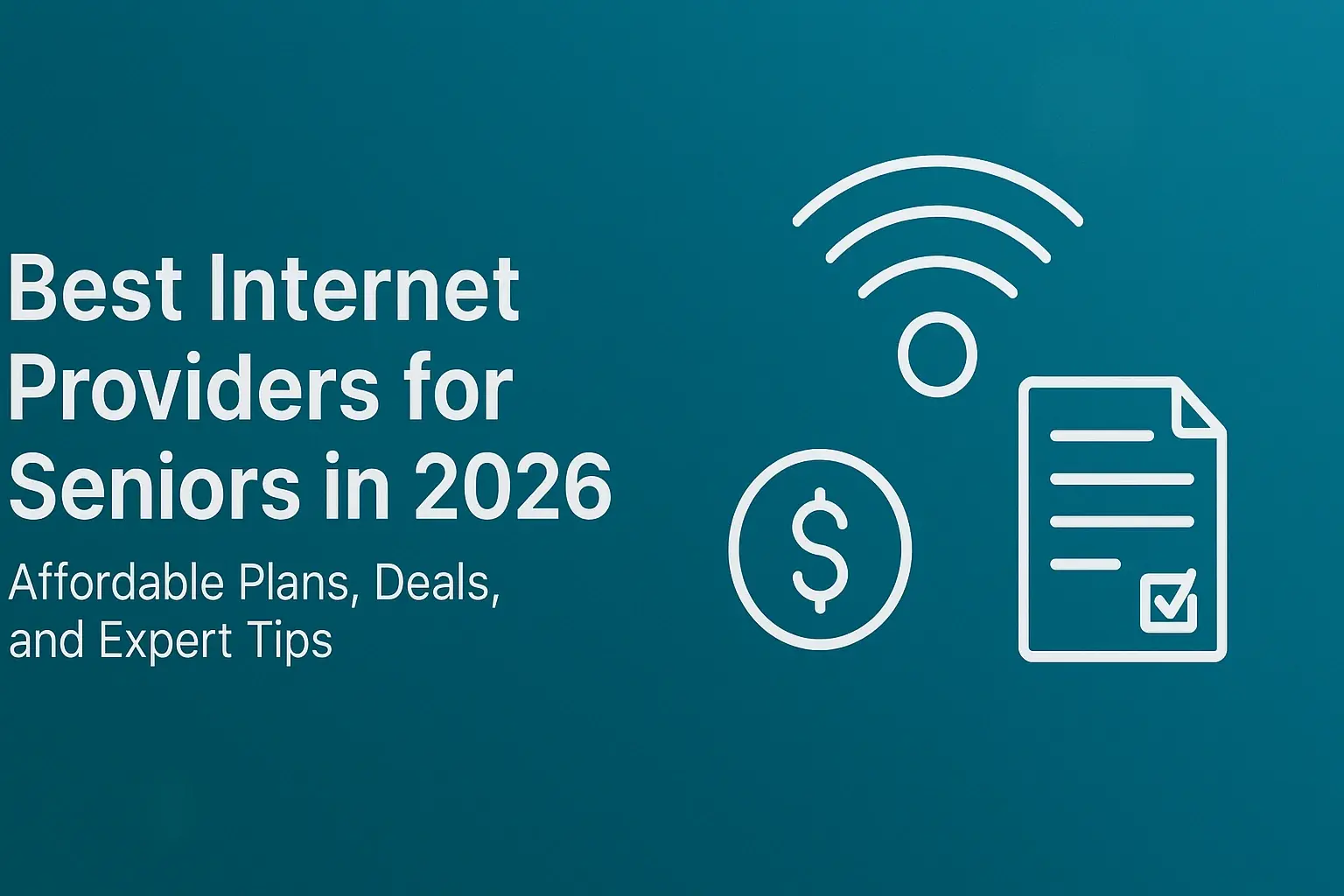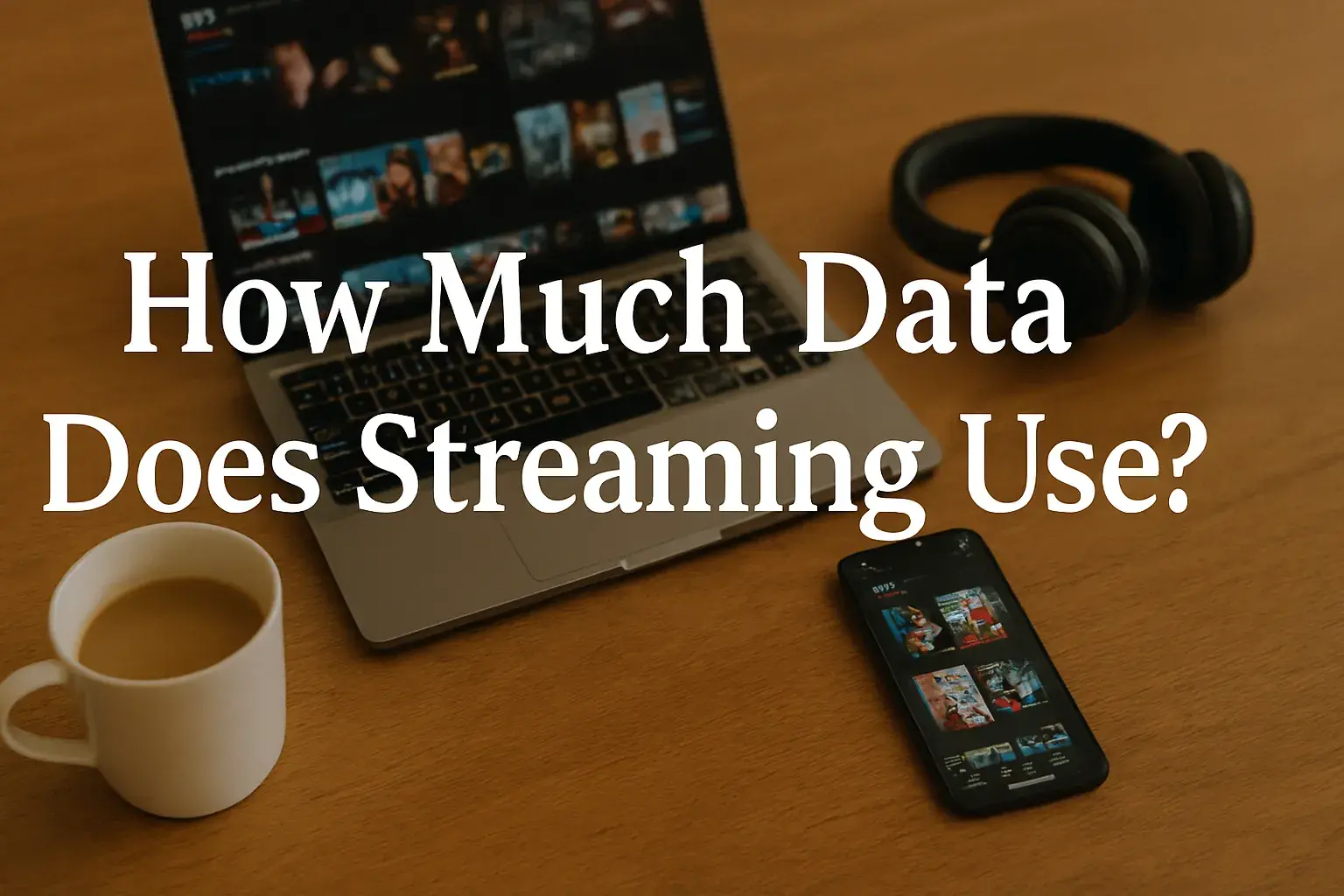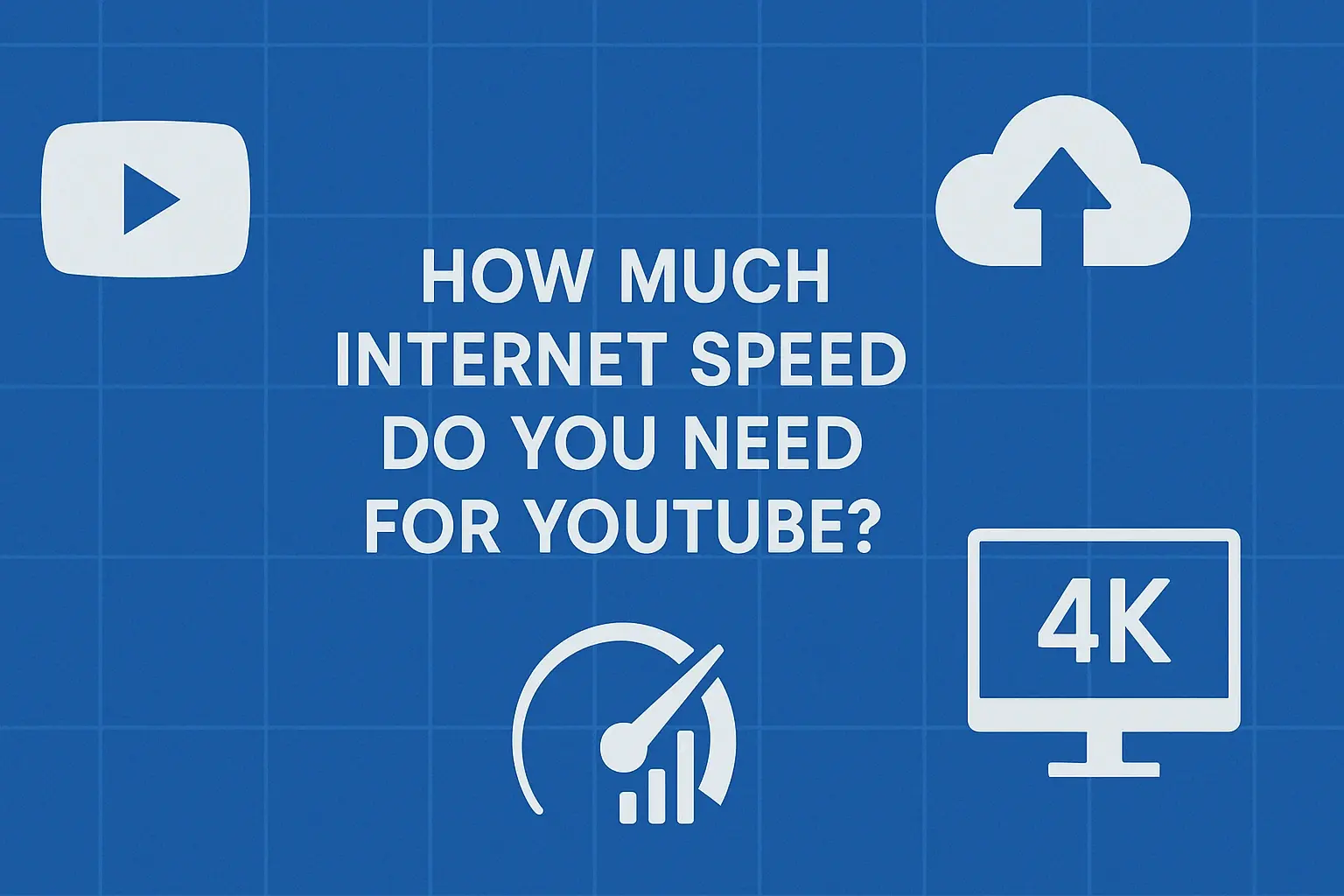
Discover the precise cost of Spectrum internet-only plans in 2025. This comprehensive guide breaks down pricing, reveals hidden fees, and offers strategies to secure the best deal, empowering you to make an informed decision about your home internet service.
Understanding Spectrum Internet Plans
Spectrum, a leading internet service provider (ISP) in the United States, offers a range of connectivity solutions. While many customers opt for bundled packages that include television and phone services, a significant segment of the market is specifically interested in internet-only plans. These plans cater to individuals and households who primarily use the internet for streaming, gaming, remote work, or general browsing and do not require traditional cable TV or landline phone services. Understanding the nuances of Spectrum's internet offerings is the first step to accurately determining how much internet-only service will cost you. Spectrum generally categorizes its internet plans based on download and upload speeds, which directly correlate with pricing. They are known for providing high-speed internet, often without data caps, which is a significant draw for many consumers. The company operates on a hybrid fiber-coaxial network, delivering reliable performance to a vast customer base across numerous states.
When considering Spectrum internet-only, it's crucial to differentiate between introductory pricing and standard rates. Many ISPs, including Spectrum, offer promotional prices for the first 12 or 24 months of service. After this promotional period expires, the monthly bill will increase to the standard rate. This is a common practice across the industry and a key factor that can surprise consumers if they are not aware of it. Therefore, when asking "How much is internet only with Spectrum?", the answer isn't a single fixed number but rather a range that depends on the chosen speed tier, the duration of any promotional offers, and potential additional fees or equipment rentals. This guide aims to demystify these costs and provide a clear picture for 2025.
Spectrum Internet-Only Pricing: The 2025 Breakdown
In 2025, Spectrum continues to offer a tiered approach to its internet-only plans, with pricing directly tied to the advertised download speeds. While specific prices can fluctuate slightly based on region and ongoing promotions, the general structure remains consistent. It's important to note that these figures represent typical advertised prices and may not include taxes, fees, or equipment rental charges unless specified.
Standard Internet Speeds and Pricing Tiers
Spectrum's most common internet-only offerings typically fall into these categories:
- Basic Internet: Often marketed as "Spectrum Internet," this plan usually provides download speeds of around 300 Mbps. This speed is generally sufficient for basic online activities like web browsing, email, and streaming standard-definition content on a few devices. For 2025, the advertised price for this tier, often under a promotional period, can range from approximately $49.99 to $69.99 per month. Without promotions, this could rise to $70-$80 per month.
- Advanced Internet: This tier offers significantly higher download speeds, typically around 500 Mbps. This is ideal for households with multiple users, frequent streaming of HD and 4K content, online gaming, and video conferencing. The promotional pricing for this plan in 2025 might start around $69.99 to $89.99 per month. Post-promotion, expect this to increase to $90-$100+ per month.
- Ultra Internet: For power users and demanding households, Spectrum's Ultra Internet provides download speeds of approximately 1 Gbps (1000 Mbps). This plan is designed for seamless 4K streaming on numerous devices, heavy online gaming, large file downloads, and supporting a smart home ecosystem. Promotional pricing for gigabit internet in 2025 can be found in the $79.99 to $99.99 per month range. Standard pricing after promotions could easily exceed $110-$120 per month.
Promotional vs. Standard Pricing
As mentioned, the prices listed above are often promotional. Spectrum typically offers these lower rates for the first 12 months of service. It is imperative to confirm the duration of any promotional offer when signing up. After the promotional period ends, the monthly cost will revert to the standard rate, which is considerably higher. For instance, a plan advertised at $49.99 for the first year might jump to $74.99 or more in the second year. This is a critical piece of information when assessing the long-term cost of Spectrum internet-only.
Speeds and What They Mean for You
Understanding the speed tiers is essential for choosing the right plan and managing expectations regarding cost.
- 300 Mbps: Suitable for 1-3 devices simultaneously, basic browsing, email, and standard definition streaming.
- 500 Mbps: Good for 3-5 devices, HD/4K streaming, casual online gaming, and video calls.
- 1 Gbps: Excellent for 5+ devices, heavy 4K streaming, competitive online gaming, large file transfers, and a robust smart home setup.
The higher the speed, the higher the monthly cost. Therefore, accurately assessing your household's internet needs is paramount to avoid overpaying for unused bandwidth.
Factors Influencing Spectrum Internet Costs
Several elements contribute to the final monthly bill for Spectrum internet-only service. Beyond the base price of the speed tier, other factors can significantly impact the overall expenditure. Understanding these can help in budgeting and potentially finding ways to reduce costs.
Speed Tier Selection
This is the most direct influencer of cost. As detailed in the previous section, higher download and upload speeds come with a higher monthly price tag. Spectrum's tiered structure means that a jump from 300 Mbps to 500 Mbps, or from 500 Mbps to 1 Gbps, will result in a noticeable increase in the monthly bill. It's a classic case of "you get what you pay for," but also a reminder to only pay for the speed you genuinely need.
Promotional Offers and Contract Lengths
Spectrum, like many ISPs, frequently runs promotional campaigns to attract new customers. These often involve discounted rates for a specified period, typically 12 or 24 months. While these deals make the initial cost attractive, it's crucial to be aware of the standard rate that applies after the promotion ends. Some plans might also require a 12-month or 24-month agreement to qualify for the lowest pricing. Breaking such an agreement early can incur significant early termination fees. Always read the fine print regarding contract terms and promotional period expirations.
Equipment Rental Fees
Spectrum typically charges a monthly fee for modem and router rental. In 2025, this fee is often around $10-$15 per month for a combined modem/router unit. While convenient, this recurring cost can add up over time. For example, $12 per month for equipment rental amounts to $144 per year. Some customers opt to purchase their own compatible modem and router to avoid these rental fees, which can be a cost-saving measure in the long run, though it requires an upfront investment and ensures compatibility with Spectrum's network.
Service Location and Availability
While Spectrum operates in many areas, pricing and plan availability can vary slightly by geographic location. Factors such as local competition, infrastructure costs, and regional market strategies can influence the advertised prices. It's always best to check Spectrum's official website or contact them directly with your specific address to get the most accurate pricing for your area.
Bundling vs. Internet-Only
This guide focuses on internet-only plans, but it's worth noting that bundling services (internet, TV, phone) can sometimes lead to overall savings compared to subscribing to each service individually. However, if you genuinely do not need TV or phone, an internet-only plan is the most straightforward and often the most cost-effective solution for your specific needs. Comparing the cost of an internet-only plan to the internet portion of a bundle is important if you're considering multiple services.
Taxes and Surcharges
The advertised price of Spectrum internet is rarely the final price you pay. Various federal, state, and local taxes, as well as regulatory fees and surcharges, will be added to your monthly bill. These can add anywhere from 5% to 20% or more to your base cost, depending on your location. Understanding these additional charges is crucial for accurately calculating the total monthly expense.
Comparing Spectrum Internet-Only Plans
Choosing the right Spectrum internet-only plan involves a careful assessment of your household's usage habits and comparing the available speed tiers against their costs. This section provides a framework for making that comparison effectively.
Step-by-Step Comparison Process
- Assess Your Internet Needs:
- How many people use the internet simultaneously? More users generally require higher speeds.
- What are your primary online activities? Basic browsing, streaming (SD, HD, 4K), online gaming, video conferencing, large file downloads?
- How many devices are connected? Smart TVs, smartphones, tablets, computers, gaming consoles, smart home devices all consume bandwidth.
- Identify Available Speed Tiers: Visit the Spectrum website and enter your address to see the specific internet plans and speeds available in your area. Note down the advertised download and upload speeds for each plan.
- Note Down Promotional Pricing: Record the monthly cost for each plan during its promotional period. Pay close attention to the duration of these promotions (e.g., 12 months).
- Determine Standard Pricing: Find out the standard monthly rate that applies after the promotional period expires. This is often found in the fine print or by asking a customer service representative.
- Factor in Equipment Costs: Decide whether you will rent Spectrum's equipment or purchase your own. If renting, add the monthly equipment fee to the plan's cost. If purchasing, factor in the upfront cost of the modem and router.
- Estimate Taxes and Fees: Research typical taxes and surcharges in your area or ask Spectrum for an estimate of these additional costs.
- Calculate Total Monthly Cost: For each plan, sum the promotional monthly price, equipment rental (if applicable), and estimated taxes/fees. Do this for both the promotional period and the standard rate period.
Example Comparison Table (Illustrative - 2025 Estimates)
This table provides an illustrative comparison. Actual prices will vary by location and current promotions.
| Plan Name | Advertised Download Speed | Promotional Monthly Price (First 12 Months) | Estimated Standard Monthly Price (After 12 Months) | Estimated Equipment Rental Fee (Monthly) | Estimated Total Monthly Cost (Promotional) | Estimated Total Monthly Cost (Standard) |
|---|---|---|---|---|---|---|
| Spectrum Internet | 300 Mbps | $49.99 | $74.99 | $12.00 | ~$67.99 (incl. ~$6 taxes/fees) | ~$95.99 (incl. ~$9 taxes/fees) |
| Spectrum Internet Ultra | 500 Mbps | $69.99 | $94.99 | $12.00 | ~$87.99 (incl. ~$8 taxes/fees) | ~$115.99 (incl. ~$11 taxes/fees) |
| Spectrum Gig Internet | 1 Gbps | $79.99 | $119.99 | $12.00 | ~$97.99 (incl. ~$10 taxes/fees) | ~$145.99 (incl. ~$14 taxes/fees) |
Note: Estimated taxes and fees are illustrative and can vary significantly by location. Always verify actual pricing with Spectrum.
Understanding Upload Speeds
While download speeds are crucial for consuming content, upload speeds are becoming increasingly important for activities like video conferencing, uploading large files, and live streaming. Spectrum's internet-only plans typically offer asymmetrical speeds, meaning download speeds are much higher than upload speeds. For example, a 300 Mbps download plan might have an upload speed of 10-20 Mbps. Gigabit plans can offer upload speeds closer to 30-50 Mbps, which is still modest compared to download speeds but adequate for most home users. If your work or hobbies heavily rely on uploading content, investigate these figures closely.
Additional Spectrum Fees and Considerations
Beyond the advertised monthly price, several other fees and considerations can impact the total cost and overall experience of having Spectrum internet-only service. Being aware of these potential charges and factors can prevent unwelcome surprises on your bill.
Installation Fees
Spectrum may charge an installation fee for new service activation. This fee can range from $49.99 to $99.99 or more, depending on the type of installation required (e.g., self-installation vs. professional installation). Sometimes, Spectrum offers promotions that waive or reduce this installation fee, especially for customers signing up for longer-term contracts or higher-tier plans. It's worth inquiring about any available installation fee waivers.
Service Call Fees
If a Spectrum technician needs to visit your home to resolve an issue, you might be charged a service call fee. However, if the problem is determined to be with Spectrum's equipment or network infrastructure, this fee is typically waived. If the issue stems from your own equipment or internal wiring that you've modified, you may be responsible for the service call charge.
Early Termination Fees (ETFs)
While Spectrum is increasingly moving towards no-contract plans for internet-only services, some promotional offers or specific bundles might still involve a contract. If you terminate service before the contract end date, you will likely incur an Early Termination Fee. These fees can be substantial, often prorated based on the remaining time in your contract. Always clarify contract terms and ETF policies before signing up.
Data Caps (or Lack Thereof)
One of Spectrum's significant advantages is that their internet-only plans generally do not impose data caps. This means you can use as much internet data as you need without worrying about overage charges. This is a major benefit for heavy internet users, streamers, and gamers. In contrast, some competitors may have strict data limits that can lead to unexpected costs or throttled speeds if exceeded. This feature of Spectrum's service can be a significant factor in its overall value proposition, even if it doesn't directly affect the monthly price.
Network Performance and Reliability
While not a direct fee, the reliability and performance of Spectrum's network are crucial considerations. A cheaper plan with frequent outages or slow speeds can be more expensive in the long run due to lost productivity or entertainment disruptions. Spectrum's hybrid fiber-coaxial network generally offers good performance, but actual speeds and reliability can vary based on your specific location, network congestion in your neighborhood, and the quality of the infrastructure. Reading local reviews and asking neighbors about their experiences can provide valuable insights.
Modem and Router Compatibility
If you choose to purchase your own modem and router to avoid rental fees, ensure they are compatible with Spectrum's network. Spectrum provides a list of approved devices on its website. Using an incompatible device can lead to connectivity issues and may even prevent you from getting service. The upfront cost of a good quality modem and router can range from $100 to $300 or more, but it can pay for itself within 1-2 years compared to rental fees.
How to Get the Best Deal on Spectrum Internet
Securing the lowest possible price for Spectrum internet-only service requires a proactive and informed approach. Here are several strategies to employ when looking to sign up or switch providers.
Negotiate Your Rate
Don't be afraid to negotiate with Spectrum's sales representatives. Many customers report success in getting better pricing by being polite but firm, mentioning competitor offers, or highlighting their loyalty as a potential customer. Ask specifically about any current promotions, discounts for new customers, or loyalty programs. Sometimes, simply asking "Is this the best price you can offer?" can lead to a better deal.
Leverage Competitor Offers
Research internet plans and pricing from other providers available in your area (e.g., AT&T, Verizon Fios, local cable companies). If you find a lower price or a better package from a competitor, use this information as leverage when speaking with Spectrum. They may be willing to match or beat a competitor's offer to retain or gain your business.
Look for Bundling Opportunities (If Applicable)
While this guide focuses on internet-only, if you also need TV or phone service, explore bundled packages. Sometimes, the combined cost of a bundle is less than subscribing to individual services. However, carefully calculate if the bundled price is truly a saving compared to getting internet-only from Spectrum and other services elsewhere.
Consider Purchasing Your Own Equipment
As previously discussed, the monthly equipment rental fee can add up. Investing in your own compatible modem and router can save you money over the long term. Calculate the payback period: if a modem/router costs $150 and the rental fee is $12/month, you'll break even in about 12.5 months. Ensure you buy devices that meet or exceed Spectrum's recommended specifications for your chosen speed tier.
Time Your Sign-Up Strategically
ISPs often run special promotions during certain times of the year, such as holidays (Black Friday, Cyber Monday) or during major sporting events. While not always guaranteed, timing your sign-up around these periods might increase your chances of finding a better deal.
Explore Government Assistance Programs
For eligible low-income households, federal programs like the Affordable Connectivity Program (ACP) can provide significant discounts on internet service. While the ACP's future funding is uncertain, it's worth checking if you qualify for any current or future government subsidies that can reduce your monthly Spectrum bill.
Be Aware of Promotional Expirations
Set reminders for when your promotional period is set to expire. A few weeks before it ends, contact Spectrum to see if they can offer you a new promotional rate or a different plan at a comparable price. If they cannot, you may need to consider switching providers to maintain a lower cost, or be prepared for the higher standard rate.
Read the Fine Print Carefully
Always read all terms and conditions, service agreements, and promotional details before signing up. Pay close attention to contract lengths, early termination fees, equipment rental policies, and the exact duration and terms of any promotional pricing. This vigilance can prevent hidden costs and misunderstandings.
Spectrum Internet vs. Competitors: A Cost-Benefit Analysis
When determining "How much is internet only with Spectrum?", it's essential to contextualize their pricing against other major internet service providers. Spectrum operates primarily in areas where cable internet is prevalent, often competing with DSL providers, fiber optic networks, and sometimes fixed wireless or satellite internet.
Spectrum's Strengths
- Speed and Performance: Spectrum generally offers competitive download speeds, with their gigabit plan reaching up to 1000 Mbps. Their hybrid fiber-coaxial network provides robust performance for most users.
- No Data Caps: This is a significant differentiator. Many competitors, especially DSL and some fiber providers, impose monthly data limits that can lead to extra charges or throttled speeds. Spectrum's unlimited data policy is a major benefit for heavy users.
- Availability: Spectrum has a widespread presence across many states, making it an option for a large number of households.
Spectrum's Weaknesses
- Price Increases After Promotions: The jump from promotional pricing to standard rates can be substantial, making long-term costs higher than initially perceived.
- Upload Speeds: While improving, Spectrum's upload speeds are typically lower than those offered by fiber optic competitors. This can be a drawback for users who frequently upload large files or engage in bandwidth-intensive activities that rely on upload speed.
- Customer Service Variability: Like many large ISPs, customer service experiences can be inconsistent, with some customers reporting long wait times or difficulty resolving issues.
Competitor Landscape (Illustrative 2025 Pricing)
Here’s a brief look at how Spectrum's internet-only pricing might compare to competitors. These are general estimates and actual pricing will vary significantly by location.
- Fiber Providers (e.g., AT&T Fiber, Verizon Fios): Often offer symmetrical speeds (same download and upload) and can sometimes match or beat Spectrum's promotional pricing for comparable speeds. For example, a 500 Mbps symmetrical plan might be around $60-$70/month, and a 1 Gbps symmetrical plan around $70-$80/month. However, fiber availability is more limited than cable.
- DSL Providers (e.g., CenturyLink/Quantum Fiber): Generally offer lower speeds and may have data caps. Pricing can be competitive for basic needs, with plans around 100 Mbps potentially costing $50-$60/month. However, performance is often less consistent than cable or fiber.
- Fixed Wireless/Satellite (e.g., Starlink, HughesNet): Typically more expensive for lower speeds and often come with data caps or latency issues. These are usually options for rural areas where cable or fiber is unavailable. Pricing can range from $70-$100+ for basic service.
Cost-Benefit Decision Matrix
To make an informed decision, consider this matrix:
- For budget-conscious users with basic needs: Spectrum's entry-level plan might be competitive, especially if competitors offer no data caps.
- For streamers and moderate users: Spectrum's mid-tier plans (300-500 Mbps) offer good value, particularly if competitors have data caps or lower speeds.
- For power users and gamers: Spectrum's gigabit plan is a strong contender, but fiber providers might offer better upload speeds and potentially lower long-term costs if they have more stable pricing.
- For those in rural areas: Spectrum might be the only viable high-speed option, making its pricing a secondary concern to availability.
Ultimately, the "best" deal depends on your specific location, usage habits, and tolerance for price changes after promotional periods. Always compare localized offers directly.
Troubleshooting and Customer Service
Even with the best internet plan, issues can arise. Understanding how to troubleshoot common problems and how to access Spectrum's customer service is vital for a smooth experience and to ensure you're not paying for service that isn't working correctly.
Common Internet Issues and Basic Troubleshooting
Before contacting Spectrum, try these simple steps for common problems:
- No Internet Connection:
- Restart your modem and router: Unplug both devices from power for 30 seconds, then plug them back in, starting with the modem. Wait for them to fully boot up.
- Check cable connections: Ensure all coaxial cables are securely connected to the modem and the wall outlet.
- Test with a direct connection: Connect a computer directly to the modem via Ethernet cable to rule out router issues.
- Slow Speeds:
- Run a speed test: Use a reliable speed test website (e.g., Speedtest.net, Fast.com) while connected via Ethernet to measure actual speeds.
- Check for background downloads: Ensure no large files are downloading or uploading in the background.
- Reduce the number of connected devices: Temporarily disconnect devices to see if speed improves.
- Check for network congestion: If many neighbors are online simultaneously (peak hours), speeds might temporarily decrease.
- Intermittent Connection:
- Inspect cables for damage: Look for any visible wear or tear on coaxial cables.
- Check modem lights: Consult your modem's manual to understand what the status lights indicate.
- Ensure adequate ventilation: Overheating can cause performance issues.
Contacting Spectrum Customer Service
If basic troubleshooting doesn't resolve the issue, you'll need to contact Spectrum. They offer several support channels:
- Phone Support: This is often the quickest way to speak with a representative. You can find the customer service number on your bill or the Spectrum website. Be prepared for potential wait times, especially during peak hours.
- Online Chat: Spectrum often provides an online chat feature on its website, which can be convenient for less urgent issues or if you prefer written communication.
- Spectrum App: The official Spectrum mobile app may offer troubleshooting tools, account management features, and direct support options.
- In-Person Support: Spectrum has retail stores and service centers where you can get in-person assistance, though this is less common for internet-only technical support compared to sales or billing inquiries.
What to Have Ready When You Call
To expedite your call and ensure efficient problem resolution, have the following information ready:
- Your Spectrum account number.
- Your service address.
- A description of the problem, including when it started and any troubleshooting steps you've already taken.
- The make and model of your modem and router (if you own them).
- Results from any speed tests you've performed.
Escalating Issues and Resolving Disputes
If you are not satisfied with the initial support you receive, don't hesitate to ask to speak with a supervisor or request a higher level of technical support. Keep records of your interactions, including dates, times, representative names, and reference numbers. If you believe you are being overcharged or that service issues are not being adequately addressed, consider filing a complaint with the Better Business Bureau (BBB) or your state's Public Utility Commission (PUC).
Making the Final Decision
After thoroughly examining Spectrum's internet-only plans, understanding the pricing structures, factoring in potential fees, and comparing them against competitors, you're in a strong position to make an informed decision. The question "How much is internet only with Spectrum?" is now answerable with a clear understanding of the variables involved.
In 2025, Spectrum offers competitive speeds, particularly with their gigabit plans, and their lack of data caps remains a significant advantage for many households. However, the allure of introductory pricing can mask the true long-term cost, which can increase substantially after the promotional period concludes. This highlights the importance of looking beyond the initial advertised rate and considering the standard pricing, equipment rental fees, and potential taxes and surcharges.
For those who prioritize unlimited data and reliable high-speed downloads, Spectrum is often a strong contender. If upload speeds are paramount for your work or hobbies, or if you find consistently lower long-term pricing from a local fiber competitor, then those alternatives might be more suitable.
Your final decision should be guided by:
- Your budget: What can you comfortably afford monthly, both now and in the long term?
- Your usage needs: Do you need basic connectivity or high-speed for demanding applications?
- Availability in your area: Which providers actually offer service at your address?
- Contract terms: Are you comfortable with a contract, or do you prefer the flexibility of a no-contract plan?
By carefully weighing these factors and utilizing the information provided in this guide, you can confidently choose the Spectrum internet-only plan that best fits your needs and budget, ensuring you get the most value for your money in 2025 and beyond. Always verify current pricing and promotions directly with Spectrum for the most accurate information for your specific location.






